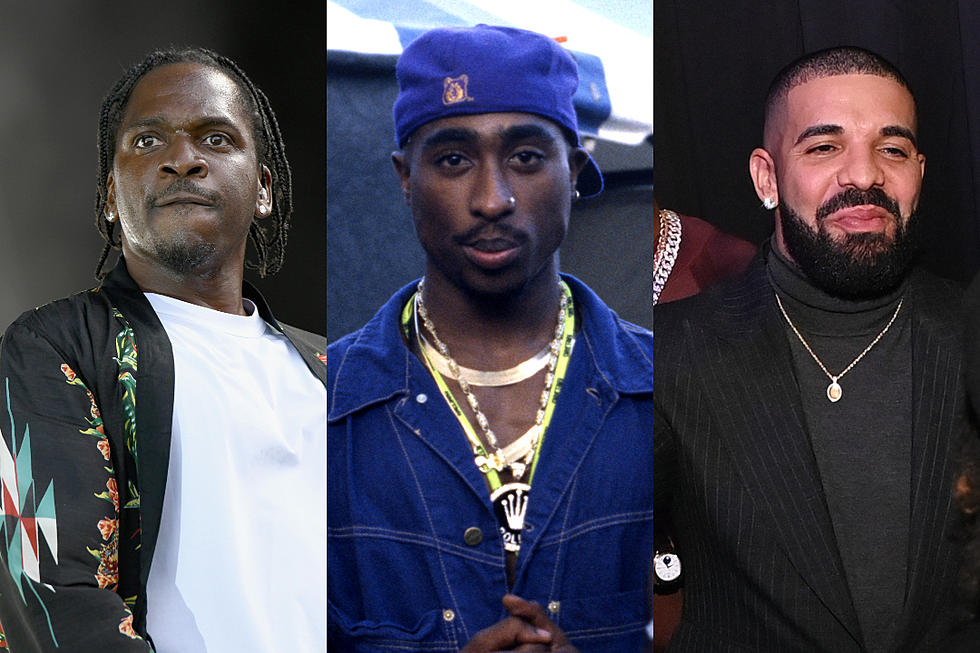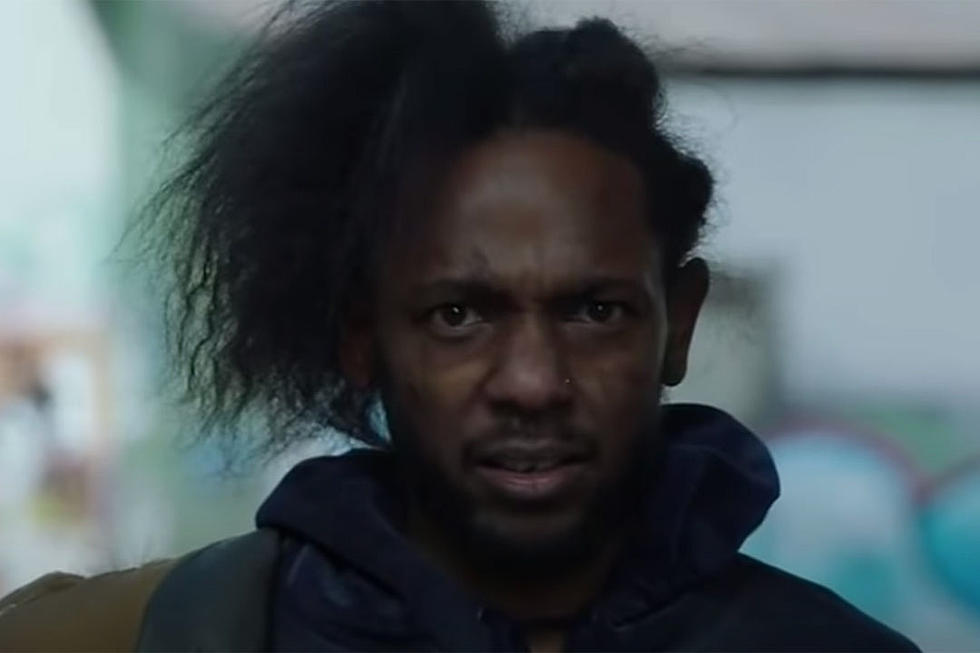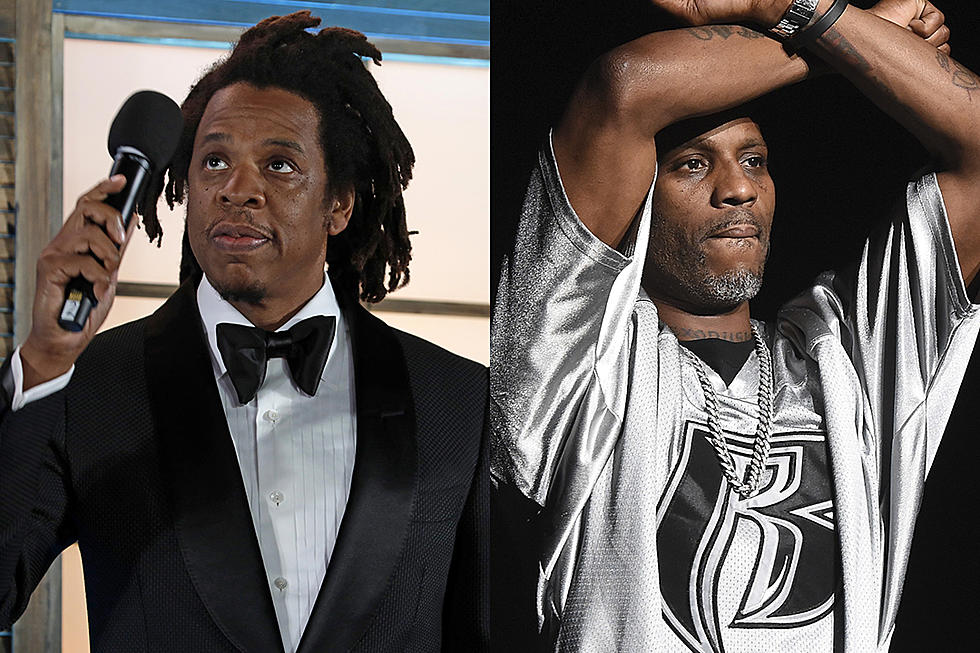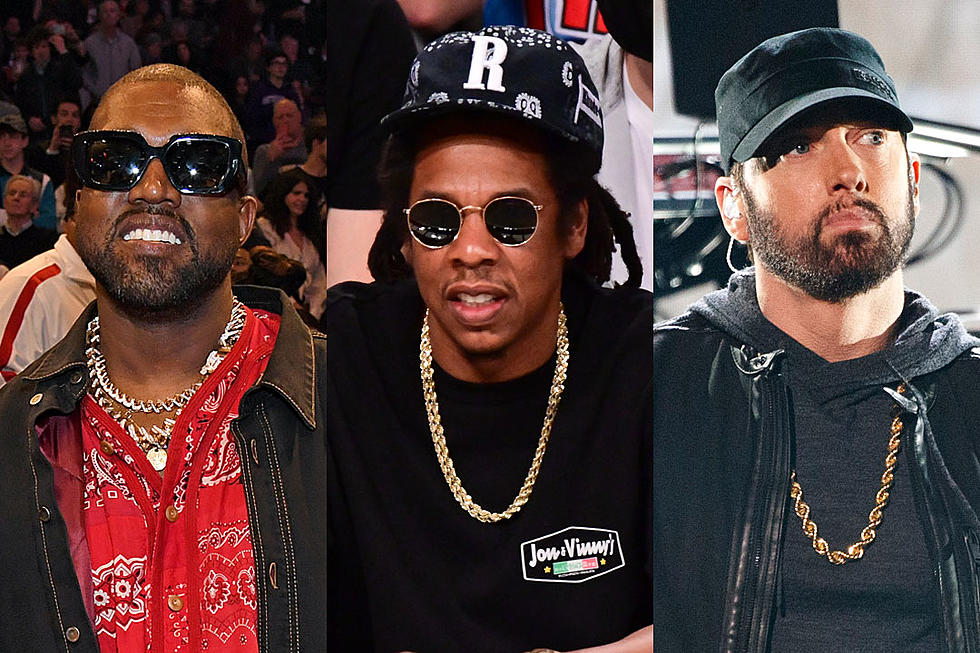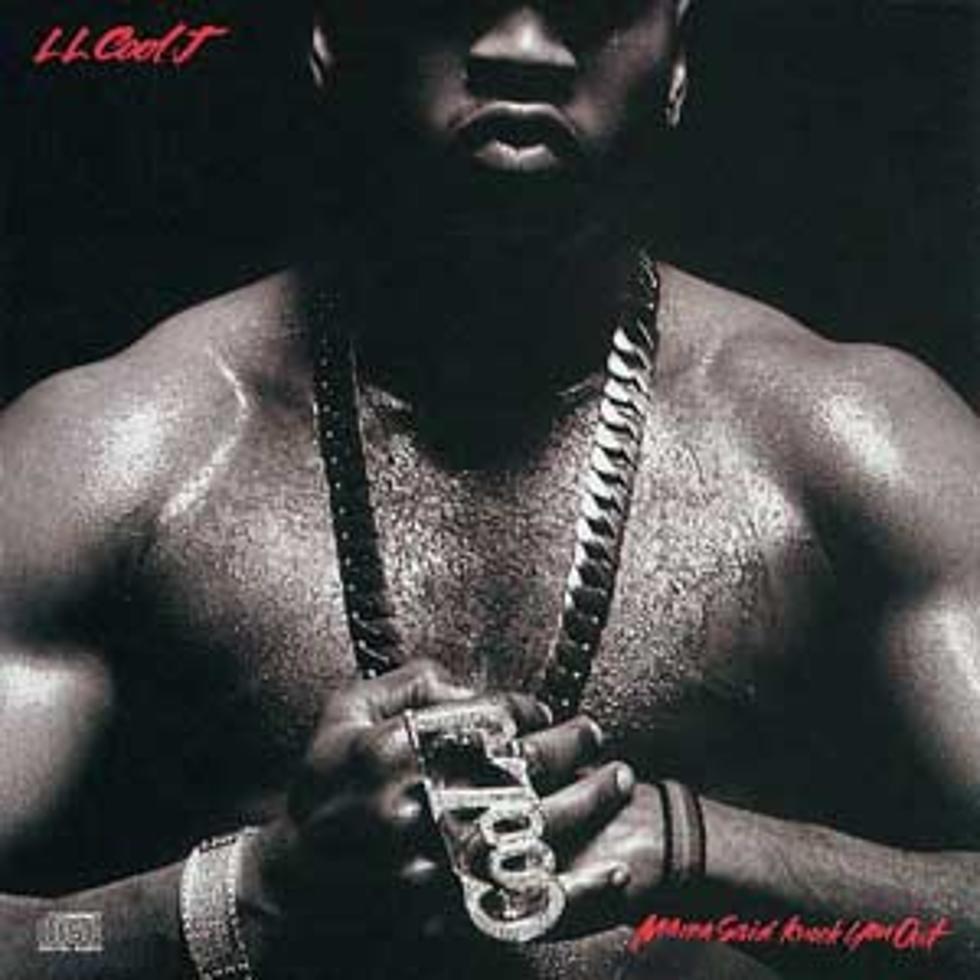
LL Cool J Takes Back the Crown with ‘Mama Said Knock You Out’
LL Cool J warned us not to call his fourth album a comeback and he was right.
The project was a rebirth of sorts. LL started the year of 1990 fighting the perception he'd gone soft in search of mainstream success; he ended the year as a rapper reborn. Mama Said Knock You Out went on to achieve massive critical and commercial success after its arrival in stores on Aug. 27, 1990 -- the platinum sales and Top 40 airplay for his previous release, 1989's Walking with a Panther, weren't anything to sneeze at either.
Looking back, it was probably inevitable that LL's early success would catch up with him from a credibility standpoint. His full-length debut, 1985's Radio, sold a million copies before he turned 18; when he returned with Bigger and Deffer in 1987, he unleashed "I Need Love," a pillowy ballad that became the first rap single to top the Billboard R&B charts. Panther hit the Top 10 and spawned the No. 15 Hot 100 single "I'm That Type of Guy," but as political lyrics and hard-edged production stormed hip-hop in the late '80s, his brand of radio-friendly rap seemed dated and soft.
"I think people were searching for weakness," LL admitted of the period following Panther. "It was a timing thing; it was my time to get it in the back. Every great champion at some point gets back on the ropes or takes something some people consider to be a fall. You just got to keep on doing what you're doing and work it out."
Still, it's worth noting that in the months leading up to the release of Mama Said Knock You Out, LL didn't sound like an artist who was particularly concerned with reinvention -- and although the album marked a slight tilt toward the socially conscious with tracks like "Illegal Search," he was not and had never been an MC whose chief strengths lie in interpreting current events.
"I'm in this race with myself, nobody else. What [political rappers] eat doesn't make me go the bathroom so I'm not thinking about it," LL said in a January 1990 interview with Q. "I love the fact that black people are becoming aware of their culture, but I make this music to have fun. Everything is humorous; I don't mean any of it. Personally I prefer records like 'Me So Horny' by the 2 Live Crew. They're not rapping about being black, they're rapping about being horny. All work and no play makes Jack a dull boy."
Watch LL Cool J's "Mama Said Knock You Out" Video
If Mama Said didn't represent a lyrical overhaul, it certainly offered a substantial update of LL's sound -- arguably chiefly due to the introduction of Marley Marl, a producer and DJ whose previous credits included work for Uptown artists such as Heavy D and the Boyz. Fans first heard the fruits of their new collaboration with the record's lead single, "To Da Break of Dawn," which cracked the Rap Top 20 as a single from the House Party soundtrack in the summer of 1990. But as they'd soon learn, Marley's sample-heavy sonic imprint was all over Mama Said Knock You Out.
"Marley was definitely a great acquisition, a great move," he told Rolling Stone, saying "Dawn" was "absolutely what turned things around" and adding, "Me and the people have come to an understanding that when a record of mine plays on a radio station that they're not accustomed to listening to, that doesn't mean I'm giving anything up."
That might sound sort of presumptuous, but Mama Said Knock You Out really did deliver the best of both worlds, covering a wide swath of territory that included everything from the rabid aggression of the title track to the smoother sounds of "Around the Way Girl" and "6 Minutes of Pleasure." Reclaiming his street cred while tightening his grip on the Top 40, LL delivered a record everyone could agree on -- and even earned props from some of the leading MCs on the less Top 40-friendly side of the aisle.
"When I went down South, the album that I could play that met the medium of everybody in the car -- my sister-in-law, and my other sister-in-law, she's 14, my daughter, my niece, they're like three and four, my wife ... you know who we ended up playing six times? L.L. Mama Said Knock You Out," Public Enemy leader Chuck D told Robert Christgau. "It was hard enough for me, nice enough for the wife. It's like the hardest pop record ever made. He made a f---ing hard album without cursing."
LL's ability to walk both sides of the pop-hip-hop line threatened to catch up with him before Mama Said Knock You Out came out, but once the record took off, it was obviously an asset. The album made a dent on the Billboard Hot 100, scoring big singles with ""Around the Way Girl" and the title track, but it had an even bigger impact on Billboard's Rap chart, unleashing a trio of No. 1 hits -- "The Boomin' System," "Around the Way Girl," and "Mama Said Knock You Out" -- and adding the Top 10 hit "6 Minutes of Pleasure" in the spring of 1991. He even earned a Grammy Award for Best Rap Performance for the title track in 1992.
It all added up to double-platinum sales for a record that peaked at No. 16 on the Billboard 200 and No. 2 on the trade's R&B chart -- and the perfect springboard for a rapturously received series of live dates, which started with a slot on the following year's Budweiser Superfest tour (during which he shared the stage with a roster of top-selling acts that included Bobby Brown, Keith Sweat, Digital Underground and Bell Biv DeVoe) and culminated with an earthshaking set for MTV Unplugged. Mere months after some seemed ready to count him out, LL Cool J was back on top and bigger than ever -- and he wasn't surprised in the least. He was far from finished as a hitmaking MC, but he clearly already had his eye on broader horizons.
"I'm working on a platinum career, not a platinum album," he warned Rolling Stone. "I'm going to do this in a way that's never been done before."
See 50 Inspirational Quotes From Your Favorite Rappers
More From 107.3 KFFM



